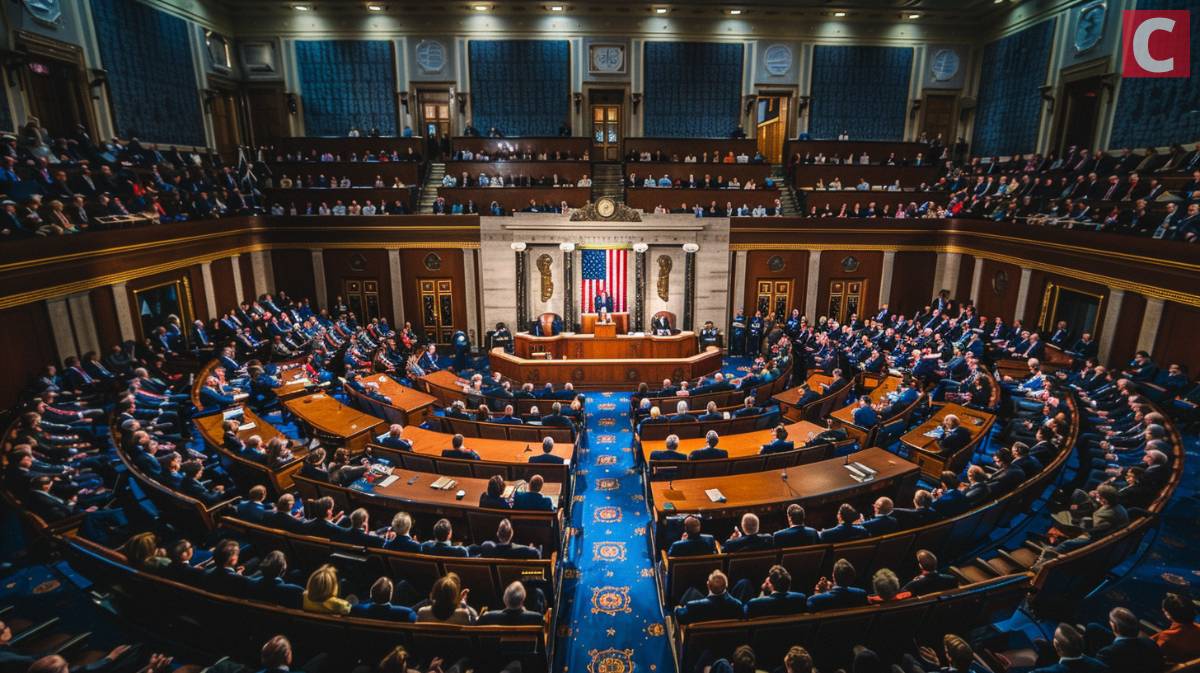Congressional efforts to advance cryptocurrency regulations face significant delays as Republican lawmakers remain divided on key provisions, despite President Trump’s direct intervention to secure party unity.
On Wednesday, July 16, US legislative efforts to move forward with cryptocurrency regulations hit a major roadblock, despite a dramatic last-minute push from President Donald Trump to rally Republican support.
According to a Decrypt report, The US House of Representatives passed a narrow procedural vote to consider the legislation earlier in the day, but a subsequent vote to formally begin debate remained open for more than an hour, well beyond the allotted five minutes. The delay followed internal disagreements among Republican lawmakers, stalling progress on three key bills intended to create a national regulatory framework for digital assets.
The package includes the GENIUS Act, which would establish federal guidelines for issuing and overseeing stablecoins; the CLARITY Act, which defines how digital assets are classified under US law; and a third bill that seeks to ban the Federal Reserve from creating a US central bank digital currency (CBDC).
According to congressional aides, Republican leaders are in active talks with hardline members of their party to resolve lingering concerns. Two sources familiar with the negotiations said that objections center on the scope of the CBDC ban provision and whether the bills should be considered individually or as a bundled package.
Trump Steps In as Crypto Bills Face Conservative Roadblock
On Tuesday, 13 Republican lawmakers had voted with Democrats to block an earlier version of the same procedural motion. President Trump hosted a closed-door meeting at the White House with the dissenting Republicans, aiming to secure their support.
The move temporarily revived momentum for what GOP leaders had dubbed “Crypto Week,” but the optimism proved premature.
Despite initial passage of the procedural rule, further progress stalled once again as lawmakers returned to the floor. The continued delay raises uncertainty over whether the bills will receive a final vote before the end of the week.
If eventually passed by the House, the bills would advance to the Senate, where their future remains uncertain. The legislation has drawn interest from both crypto advocates and regulatory critics, amid rising market demand for formal oversight in the rapidly growing digital asset space.
The stablecoin bill is seen as particularly significant. If enacted, it would mark the first major federal recognition of stablecoins as a payment instrument in US financial law.
House leadership has yet to schedule a new vote.
Editor’s note: This story and its headline were updated after publication to reflect that while the House initially passed a procedural vote to consider the crypto legislation, subsequent votes to formally begin debate stalled and remain in limbo despite President Trump’s intervention with Republican holdouts.
next